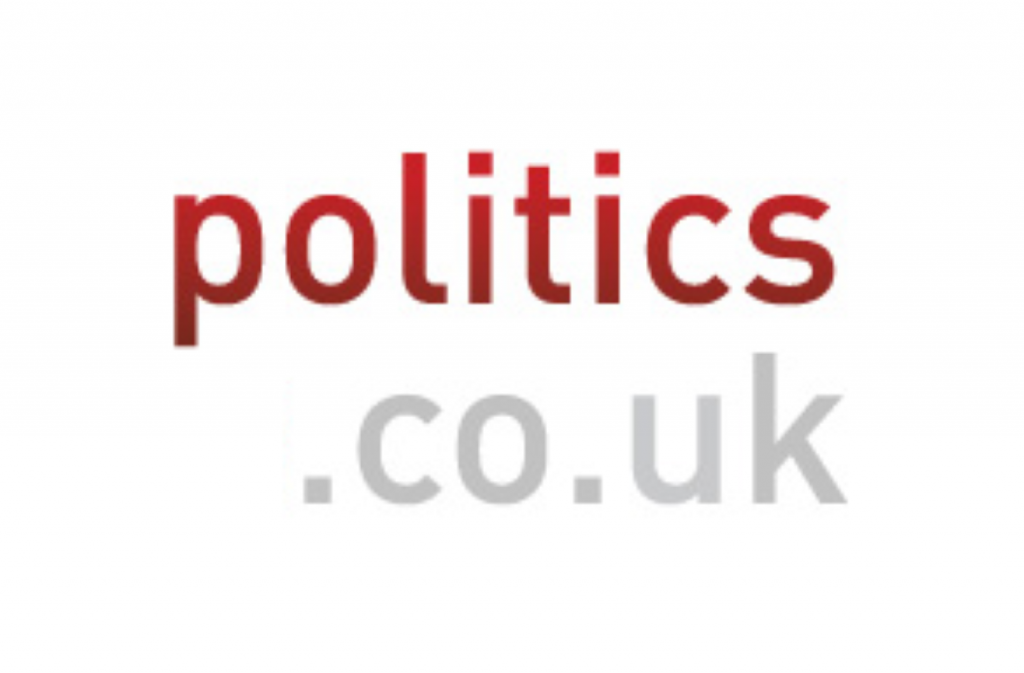Jack Straw, the public interest, and you
By Alex Stevenson
Who gets to decide what’s best for the public when it comes to freedom of information? The government, apparently.
In an unprecedented move yesterday afternoon Jack Straw invoked the ministerial veto contained under provisions in the Freedom of Information Act 2000.
He overrode the judgment of the information commissioner and the information tribunal that it was in the public interest for the minutes of two Cabinet meetings in the run-up to the Iraq war to be released.


Straw could have been a bit more sensitive in the way he explained himself. “Essentially what the Cabinet minister is doing is substituting his or her judgment for that of the tribunal,” he told the Commons rather smugly.
His “judgment”, in this case, was that the damage disclosure would cause “far outweighs any corresponding public interest” in actually revealing the content of the minutes.
Damage to the government? No, of course not. What Straw fears is, essentially, an erosion of Cabinet unity which confidential discussions are required to maintain.
Collective responsibility plays a key part in Britain’s constitution. Just ask Peter Hain, who this week emerged as a potential leadership challenger to Gordon Brown because of his ardent opposition to the government’s plans for Royal Mail.
He would never have been allowed to voice those worries while serving in the government as work and pensions secretary. Collective responsibility forbids any government member – even a lowly parliamentary private secretary – from openly opposing government policy, even if they privately disagree with it.
The caveat to this is that issues get thrashed out in Cabinet, where any major disagreements are fought over in secret, away from the public glare. After over a decade in government it’s no surprise Straw has learned the virtues of guarding this right.
“What the Freedom of Information Act sought to do was to strike a better balance,” he explained.
“The concomitant of collective responsibility is that debate is conducted confidentially. Confidentiality serves to promote thorough decision-making.” In Straw’s view, the balance in this case was off the scales.
The development is a blow to those seeking to demonstrate Tony Blair acted without the full support of his government. Yet campaigners seeking to expose the decision-making behind what they view as an unjustified, illegal war will be disappointed further by the Conservative stance.
After a string of points attacking Straw for being the architect of the FoI Act, shadow justice secretary Dominic Grieve admitted, rather plaintively, that his party actually backed the government’s announcement.
Through the gales of laughter from the Lib Dem benches, he argued Cabinet meetings would become less frank. “All discussions will be treated as if they could be released,” he predicted dolefully, ignoring the taunts. “This will lead to even more sofa government than we’ve already suffered from him and his colleagues.”
Straw may have carefully pointed out that “I’ve never been a fan of sofa government”, but Grieve’s point had been well and truly made. The Tories, having had more than a bit of experience in the matter of governance, have just as large an interest in keeping their secrets to themselves.
Here was a prime chance for the Liberal Democrats to present themselves as a party outside government, prepared to point out the others’ weakness for protecting their interests.
Justice spokesman David Howarth took up the opportunity, indirectly at least. He offered his own interpretation of where ‘striking the balance’ lies, arguing accountability trumped good governance every time. “It’s a matter only of knowing whether there was any discussion, any challenge of any sort,” he said. “And that, I think, goes to the heart of accountability.”
Tony Wright, chairman of the public administration select committee, offered the most balanced view on show in the Commons yesterday. Yet in doing so laid himself open to claims of hypocrisy. While approving of the ministerial right to veto freedom of information requests in principle, he did not believe that course would be appropriate “in this case”.
The process of “external and independent arbitration” provided by the tribunal, he argued, had resulted in a recommendation that release of the minutes was in the public interest. “Won’t this action confirm people’s belief there is something in the minutes which needs to be hidden?” he asked.
The short answer to that is: yes. Yesterday saw ministers telling us what was best for the nation. Accountability is the loser, and – as the Freedom of Information Act states very clear – there is nothing we can do about it.

